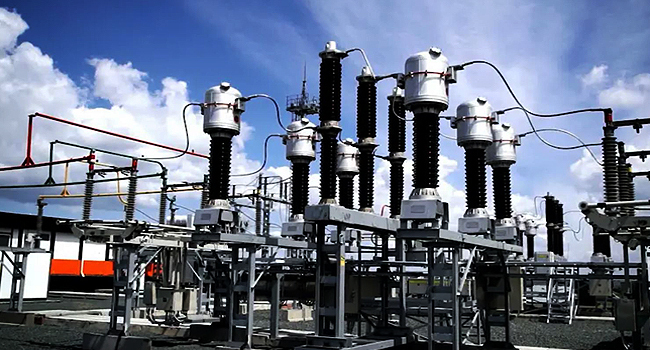Nigeria is intensifying efforts to transition to renewable energy sources to address its longstanding power shortages, despite controlling vast natural resources. Mustafa Abdullahi, Director-General of the Energy Commission of Nigeria (ECN), outlined the country’s plans in a recent interview, emphasizing progress and hurdles in a sector critical to the nation’s development.
While 60% of Nigeria’s estimated 240 million people now have access to electricity, approximately 85 million remain off-grid. The country’s power generation has risen from 4,000 to 6,000 megawatts since 2023, but aging infrastructure and reliance on gas (86%) and hydropower (12%) limit reliability. Abdullahi acknowledged persistent outages, attributing them to outdated transmission systems, but highlighted solar energy as a cornerstone of diversification efforts. “The whole world is looking toward renewables—and so are we,” he said, pointing to the 2023 Electricity Act, which decentralizes the national grid, enabling states to generate, distribute, and regulate power independently.
State-level progress, however, has been slow due to limited technical and financial capacity. Many states require 40–70 megawatts of electricity but are starting with pilot projects generating just five megawatts to attract investors. “Power projects demand huge investments, so building confidence is key,” Abdullahi explained, noting the ECN’s role in facilitating policies and partnerships.
An energy audit revealed Nigeria needs 35,000 megawatts for full electrification—far exceeding current output. The commission is urging businesses and households to adopt efficient appliances to conserve energy, as widespread use of outdated devices exacerbates shortages. Meanwhile, the controversial Band A and B tariff classifications, which prioritize higher-paying consumers, are slated for phaseout as renewable infrastructure expands. “Electricity isn’t free anywhere. Nigerians must pay fairly,” Abdullahi stated, linking the policy’s end to increased solar adoption and local production of panels and batteries to reduce costs.
Addressing public skepticism over electricity exports to neighbors like Benin Republic, Abdullahi clarified that 6% of Nigeria’s power is shared for strategic and ecological reasons. Hydropower plants along shared waterways necessitate cooperation to prevent disputes over dam construction, he said, framing the exports as diplomatic and economic investments.
On electric vehicles (EVs), the ECN aims to lead by example, replacing official vehicles with EVs and leveraging free trade zones for local manufacturing. “We’re showing Nigerians that EVs are viable,” Abdullahi said, though broader adoption hinges on accessible charging infrastructure.
With solar projects scaling and states gradually asserting energy autonomy, officials project measurable improvements within five years. Yet, bridging the gap between potential and reality will require sustained investment, public buy-in, and time.
